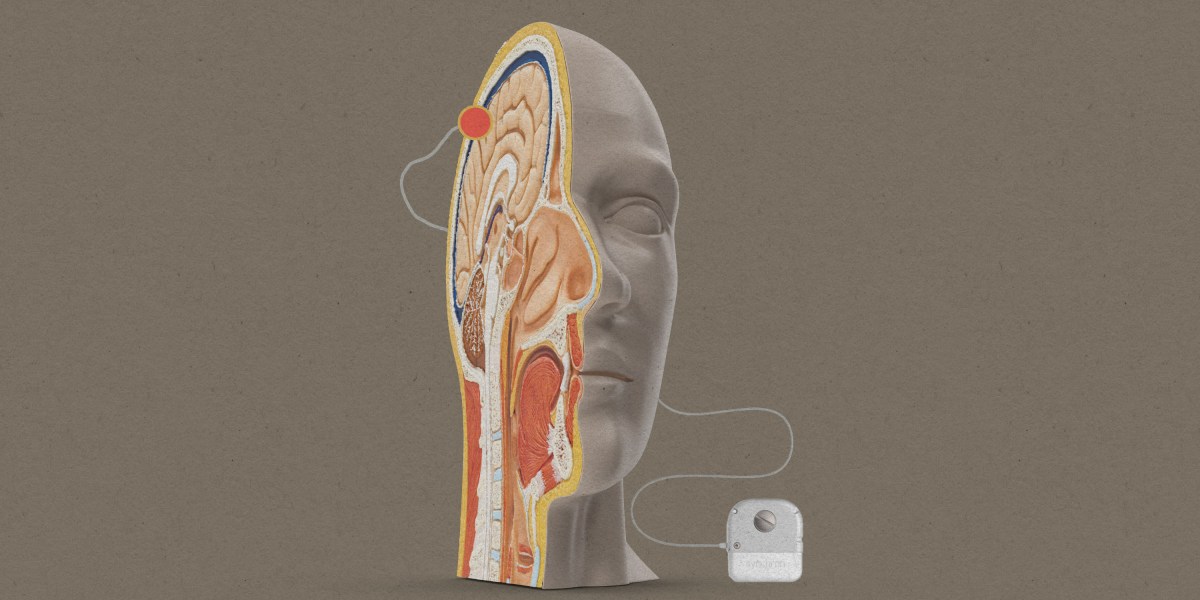Thai Muslims Massacred…What Lies Beneath?
The official reaction was unnerving to Muslims, who make up 18 per cent of the country’s overall population.
The Prime Minister, Thaksin Shinawatra, was quick to praise the security forces for ending the protests.
“They have done a great job,” he said. “They [the protesters] really set out to cause trouble, so we had to take drastic action against them.”
Muslims Reactions
Abdulraman Abdulsamad, chairman of the Islamic Council in Narathiwat, said: “I believe hell will break out.”
A local separatist organization, the Pattani United Liberation Organization (PULO), posted a warning on its website saying Bangkok would be a target for retaliation.
“Their capital will be burned down in the same way the Pattani capital has been burned,” the statement said.
The tragic incident — denounced by international rights groups — was the worst Muslim loss of life since April, when 108 Muslims were shot dead in clashes between Muslim youth and security forces.
The demonstrators wanted nothing less than improving their harsh living conditions and satisfying their tendency to separatism.
The south has also seen several bloody clashes when Muslims took to the streets to push forward their long-cherished demands.
Police usually respond with unjustified excessive force to end the protests, according to reports by local and international groups.
On one occasion, security forces shelled a mosque in which 30 individuals were hiding. The building was demolished with the bodies inside smashed beyond recognition.
Separatism Fears
The excessive use of force by Thai security forces against Muslims – in addition to official complacency — shows how the Buddhist government greatly fears the growing influence of Muslim groups in the south.
The five to eight million Muslims have been calling for the formation of a Muslim state comprising the provinces of Pattani, Narathiwat and Yala provinces, a demand the government reacts to with excessive violence.
The government seems to be playing on the current situation worldwide, exploiting the international enmity towards Muslims to quell any separatism by what it now calls “terrorist” movements.
Thai premier is also under pressure to end the violence in the Muslim-majority provinces that border Malaysia, as he faces elections in February.
Further, the government has escalated the tension taking up the chance of the “war on terrorism” to avoid criticism of international human rights and win over more supporters for its line of violent reactions to the protests.
Amnesty International had urged the Thai government to impartially investigate the deaths, in the province of Narathiwat.
But Thaksin reacted with defiance, saying the government had resorted to “gentle measures” and did not use force.
Feelings are running high among the Muslim community in the southern provinces following the imposition of martial law in January.
More than 350 have since died in clashes with security forces, according to a BBC count.
Tourism
To add salt to injury, Muslims in the southern region also complain about sex trade, rampant in its tourist attractions frequented by many western vacationers.
The existence of night clubs and alcohol shops in the region further infuriate the predominantly Muslim inhabitants.
On May 7, the PULO has posted a warning on the internet warning Muslims against going to night clubs or music concerts.
The government has disregarded these appeals, leading Muslim youths to protest on a regular basis.
The violent response of police could be attributed to the government fears for the collapse of the tourism industry, a key earner of hard currency and a key boost to the country’s economy.
Several western governments have warned their nationals against traveling to Thailand following the recent clashes. Thai officials undermine the risks, saying the protests are no more than a few of thieves and bandits.
History Belies Claims
Looking into the historical background of the Muslim kingdom of Pattani, annexed by Thailand, the picture of the current merciless anti-Muslim repeated carnages might be clearer.
Most of Thai Muslims live in the five southern provinces bordering Malaysia.
Pattani, Yala and Narathiwat are the only Muslim majority provinces in Thailand.
Muslims in these provinces have long complained of discrimination in jobs and education and business opportunities.
The South was a rich Malay kingdom until it was overrun by the Buddhist kingdom of Siam in the late 16th century when it declared its full independence from its earlier status of semi-independence under the rule of the Thai kingdoms of Sukhothai and Ayutthaya.
In 1909, it was annexed by the Kingdom of Siam as part of a treaty negotiated with the British Empire.
Both Yala and Narathiwat were originally part of Pattani, but were split off and became provinces of their own.
There still exists a separatist movement in Pattani that at times erupts in violence like in the late 1980’s when the PULO fought against the Thai forces for a separate Muslim South.
No Terrorists
“The search operations in schools and Islamic centers in search of “white people wearing beards” is furthering tension in the region,” said Arifin Jehmah, the president of the Yala Islamic Provincial Committee in an earlier interview with IslamOnline.net.
Several religious leaders were afraid for their safety and sought shelter in Malaysia, Muslims in Kelantan, the Malaysian state bordering Thailand, said in the IOL report .
Muslim leaders vehemently denied official claims that terrorists are hiding in southern areas, saying the government want to get rid of separatists movements by associating them with terrorism.
“There are no terrorists in South Thailand, nothing that is close to the alleged al-Qaeda or the JI, which should not be called the Jemaah Islamiyah anyway,” said Mansor Saleh, a writer and social worker from South Thailand.
Saleh had said that Muslims did not believe the government when it said two Muslim scholars and a doctor had been arrested for their connections with the alleged regional “terror network” called the JI.
Thai Muslim complaints of discrimination in jobs and education, along with the economic neglect of the south, have provided fodder for separatist movements in the provinces once part of the Muslim kingdom of Pattani.


